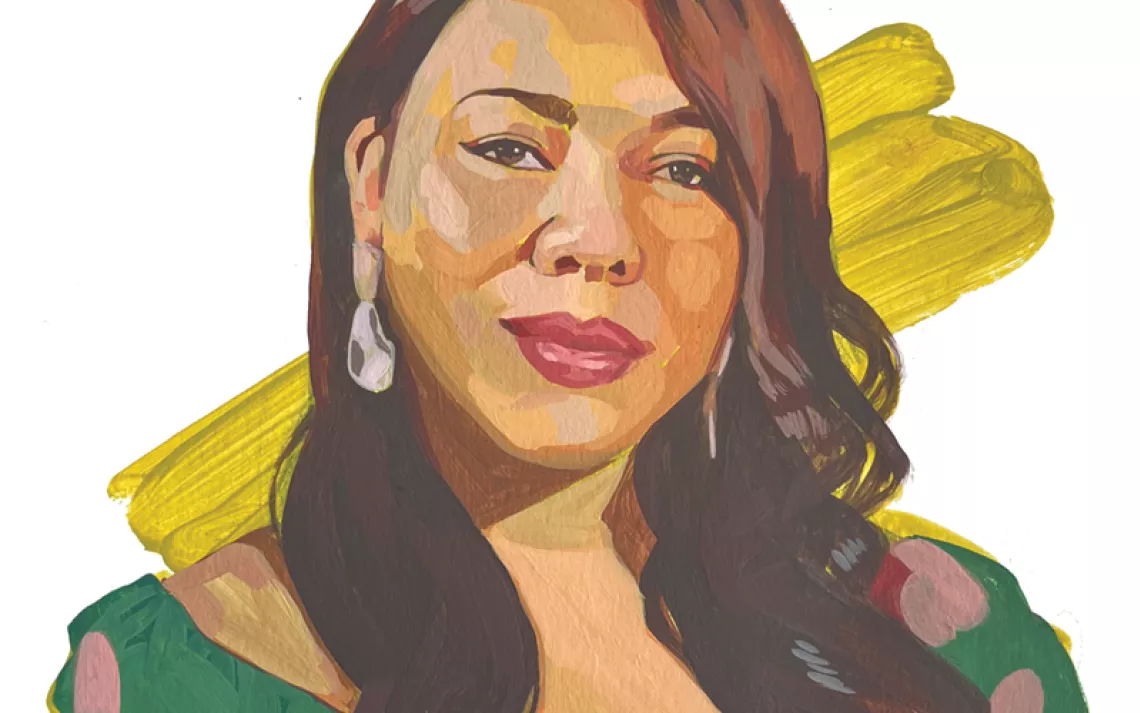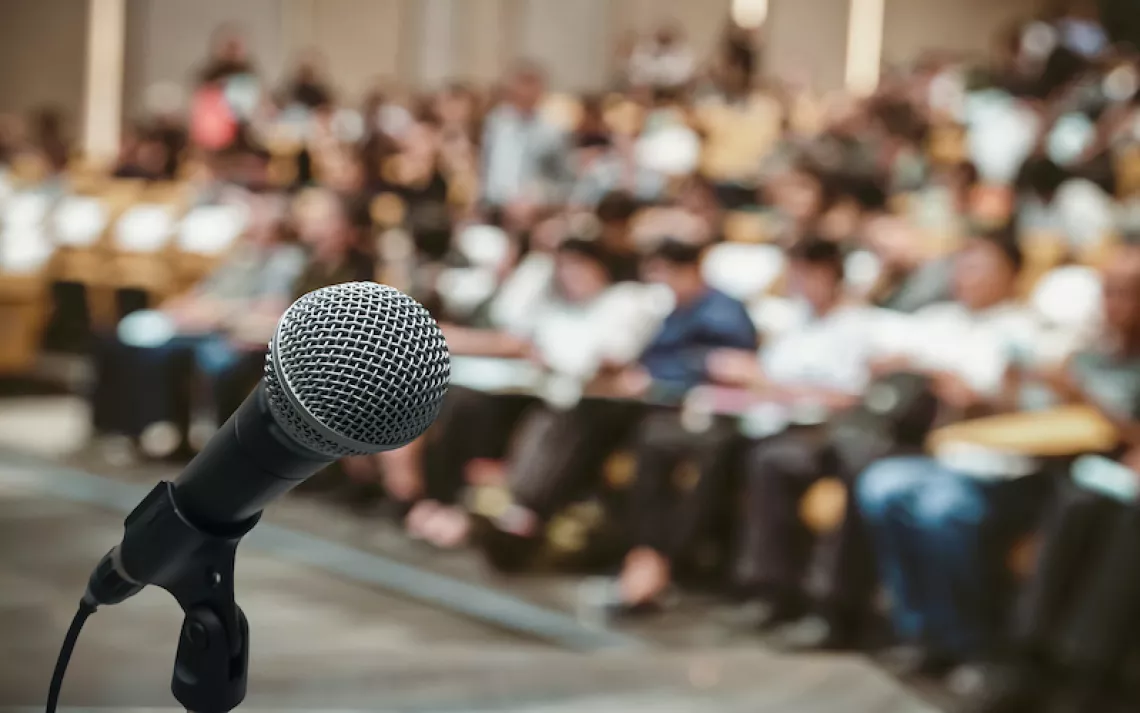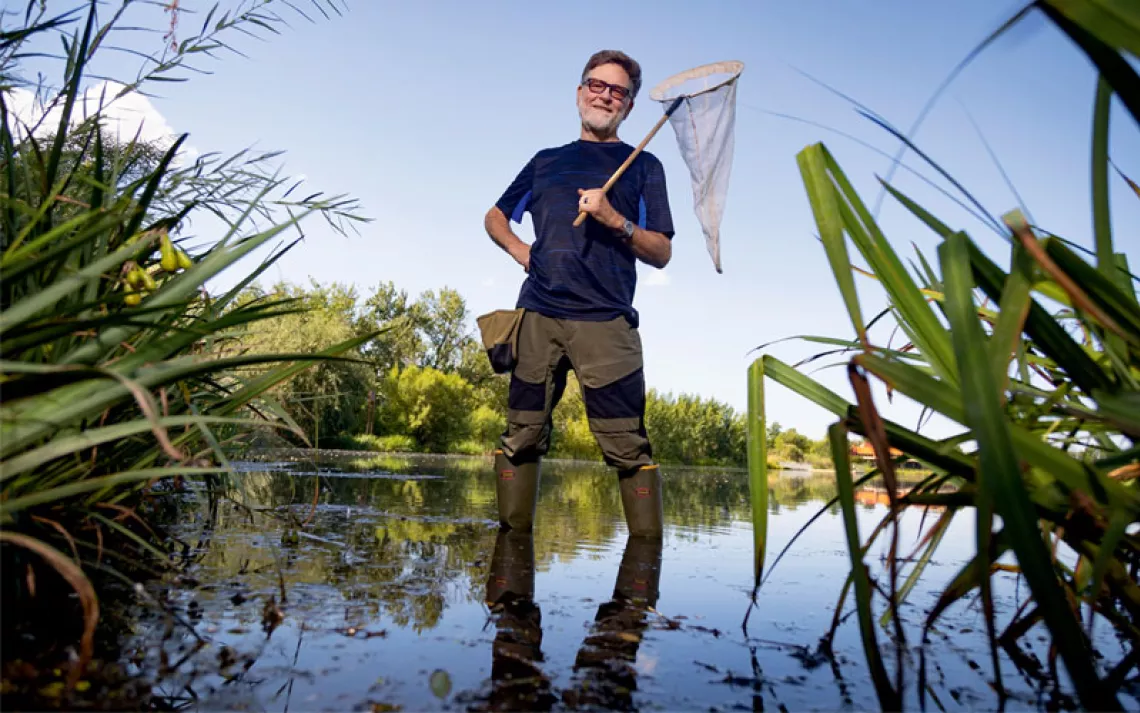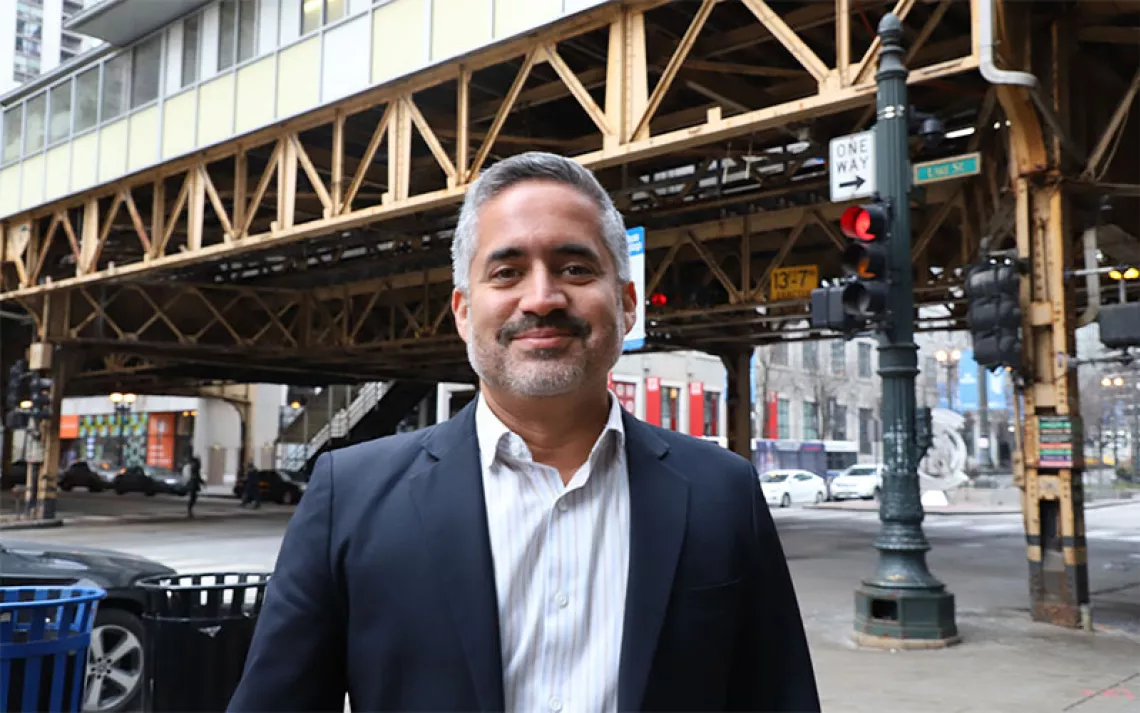No More Disposable Citizens
How the Sierra Club is centering equity and justice
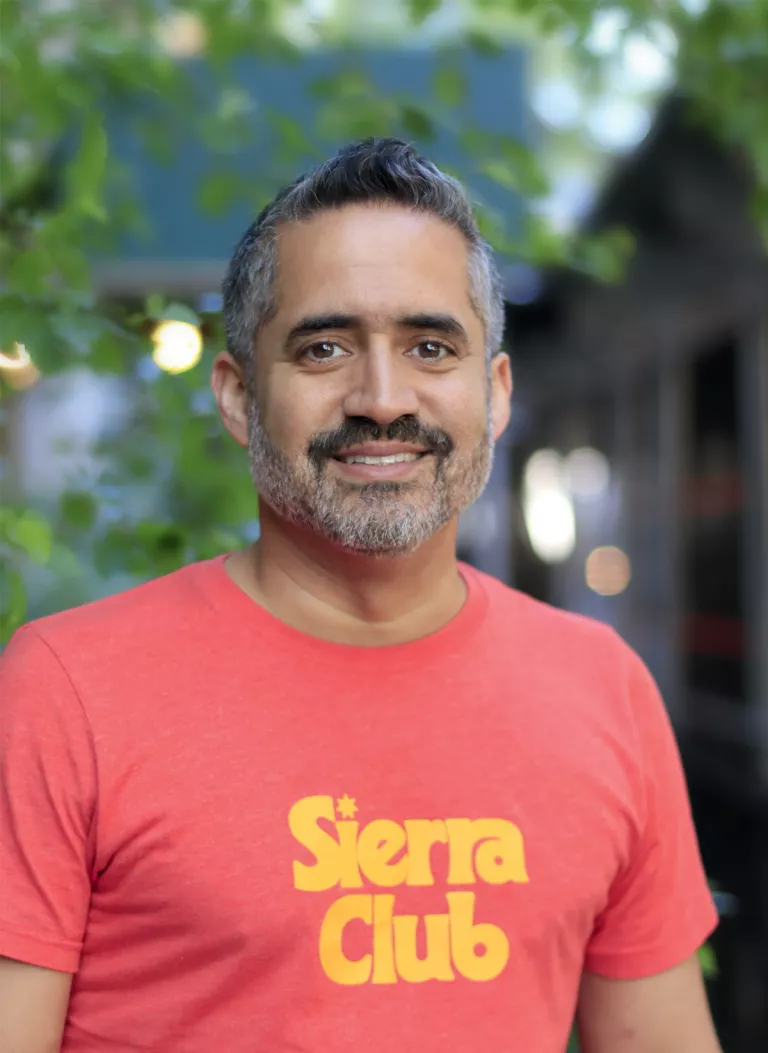
Sierra Club president Ramón Cruz | Photo by Carlos E Rodriguez
When I was growing up in Puerto Rico, my family spent every special occasion at a house on top of a mountain on the border of El Yunque National Forest. Celebrating Three Kings' Day, Mother's Day, and many others overlooking a tropical forest, I learned early the value of wild places. Then, in my twenties, I joined the struggle to get the US Navy to stop using the island of Vieques as a bombing range. Puerto Ricans won that battle in 2003, but toxic waste from the detonation of 80 million pounds of ordnance continues to poison Vieques residents to this day. The bombing was only possible, I learned, because some saw this beautiful piece of land as a sacrifice zone and its residents—who are US citizens—as disposable.
I went on to build a career in environmental policy and advocacy, and last year I became the president of the Sierra Club Board of Directors. That means I represent our 3.8 million members and supporters—the heart of our organization, the people who make all of our work possible.
So I'm excited to be able to speak with you directly at this scary, exciting time. After four years of playing desperate defense, we now have the chance to push a broad agenda: to end the climate crisis, remedy injustice, build an economy that works for all people and the planet, and repair our tattered democracy. I am proud that we helped elect President Joe Biden, who ran on the most ambitious platform of climate and environmental justice of any major-party nominee ever.
As I learned in Puerto Rico, we have to keep equity and environmental justice at the center of our work. We need everyone, including the most vulnerable, in our multiracial, cross-class coalition in order to win the things we need to thrive: jobs to sustain us and our families, clean air and clean water, and a safe and healthy environment.
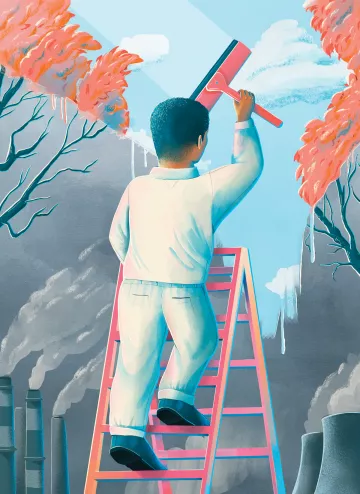
Illustration by Katty Huertas
That's why we'll be fighting hard this year for a green stimulus bill that will create 9 million jobs a year for a decade and spark a real recovery in the communities of color hit hardest by COVID-19. These communities suffer not only from higher rates of unemployment but also from preexisting health vulnerabilities—often caused by air pollution—that cause disproportionate numbers of people of color to die from COVID. The government can create jobs for them like replacing lead pipes, building affordable and electrified public transit, and retrofitting buildings to cut energy costs and pollution.
As we learned in the last election cycle, it's also essential for us to repair our democracy. We need to restore and expand voting rights, end gerrymandering, root out corruption, and institute small-donor financing so communities can be represented by leaders who look like them.
On top of everything, the climate emergency continues to threaten our homes, our loved ones, and our wild places. This must be the year that we address this crisis at the scale and speed it requires—while also centering questions of equity and justice. That means prioritizing policies that marry curtailing climate change with protecting communities, like phasing out asthma-inducing coal from our electricity grid by 2030, followed by all other dirty fuels by 2050.
I believe that 2021 can be the start of a new era. But repairing what Trump broke won't be easy or quick. We'll need a movement of leaders from every community and every walk of life. That's where you come in. Go to sierraclub.org/chapters to find the chapter nearest you, and help us build back better.
This article appeared in the March/April edition with the headline "No More Disposable Citizens."
 The Magazine of The Sierra Club
The Magazine of The Sierra Club
